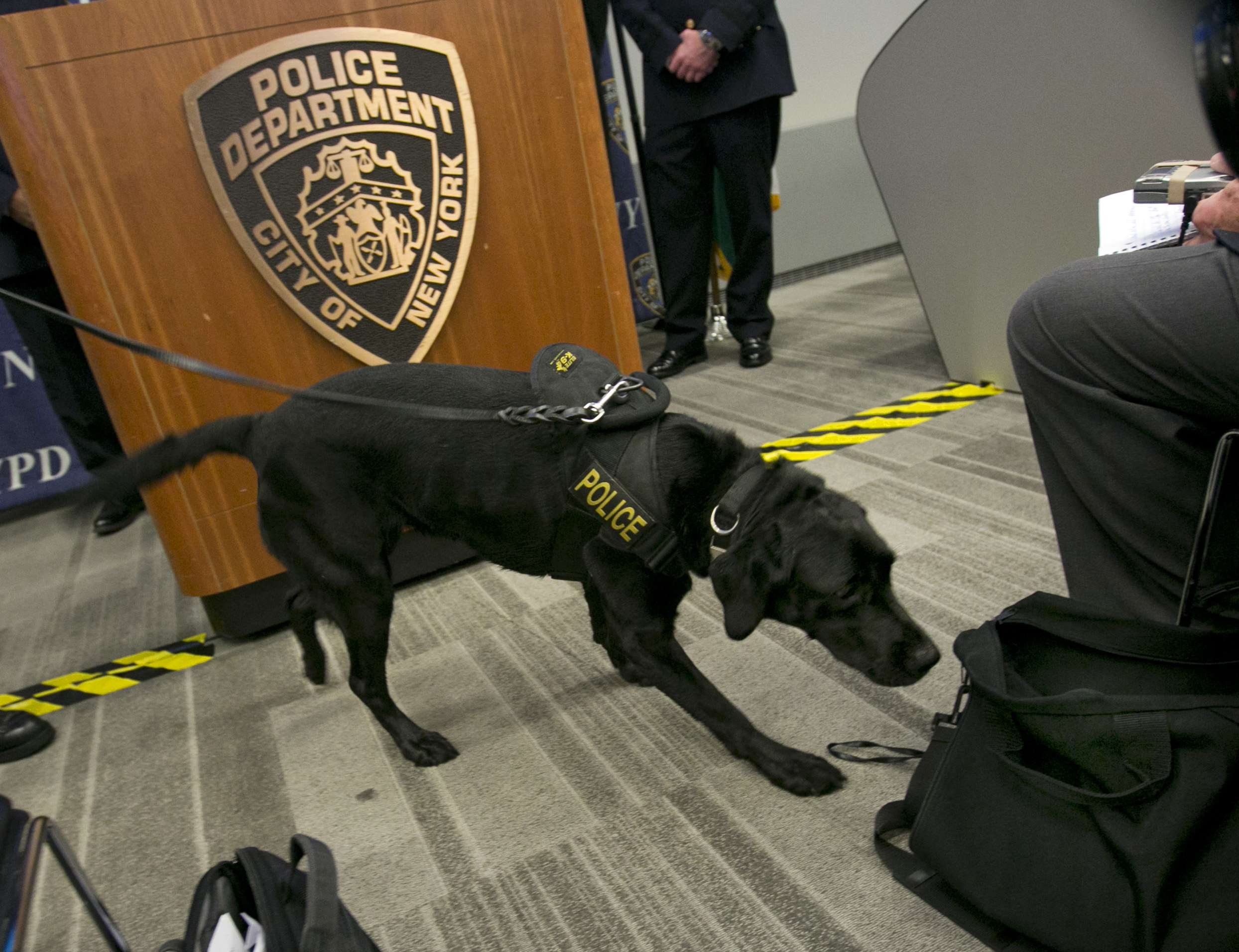Schumer, Cuomo blast plan to remove bomb-sniffing dogs from NYC airports, trains, Barclays Center
Schumer: Safety Will 'Go To the Dogs’

Bomb-sniffing dogs have become a familiar sight at New York City’s airports, train stations, ferries, sites like Barclays Center and at events like the Thanksgiving Day Parade and the NYC Marathon.
Now, U.S. Sen. Chuck Schumer and Gov. Andrew Cuomo are sounding the alarm as a new plan from the Transportation Security Administration (TSA) propose to axe the canine teams.
Schumer demanded in a release on Sunday that TSA “immediately reverse course and keep highly trained canine teams right where they are” in NYC.

Brooklyn Boro
View MoreNew York City’s most populous borough, Brooklyn, is home to nearly 2.6 million residents. If Brooklyn were an independent city it would be the fourth largest city in the United States. While Brooklyn has become the epitome of ‘cool and hip’ in recent years, for those that were born here, raised families here and improved communities over the years, Brooklyn has never been ‘uncool’.